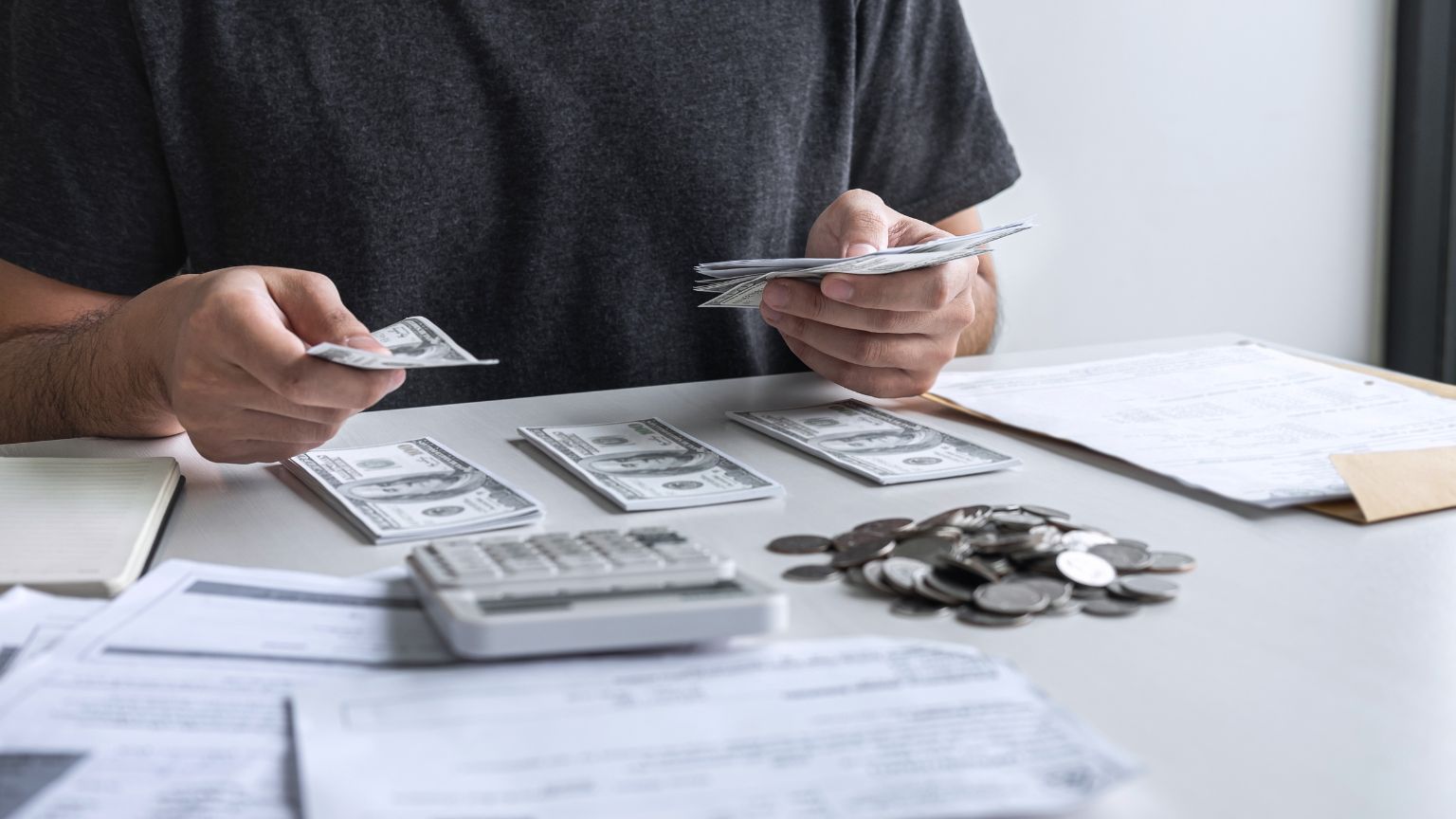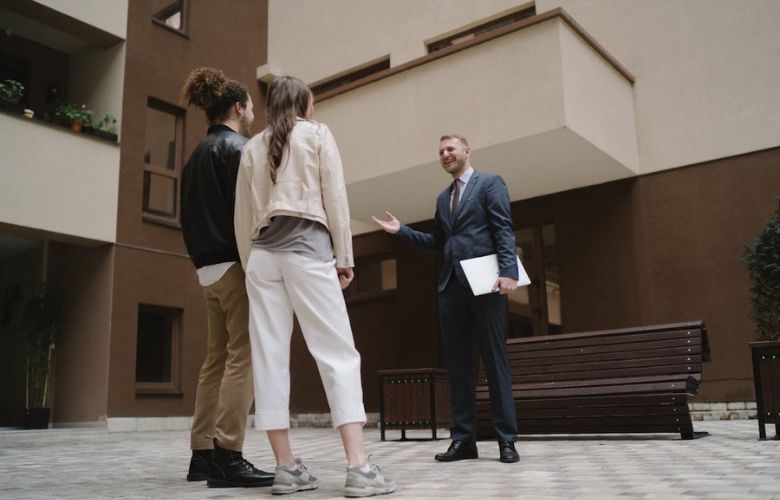Introduction
When you’re looking for a conveyancer, it’s important to find one who is trustworthy and knowledgeable. The process of transferring ownership of real estate from the seller to the buyer is known as conveyancing. but they don’t necessarily all provide the same level of service. Some conveyancers charge more than others, but if you want a smooth process from start to finish, it might be worth paying extra for that peace of mind. So, choosing a conveyancer doesn’t have to be hard if you know what to look for. In this article, we’ll cover everything you need to know about choosing a conveyancer and how we can help.
Do Your Research

Conveyancing is the process of transferring ownership of real estate from the seller to the buyer. The conveyancer will be responsible for researching the title of the property, ensuring that it is free of any legal encumbrances, and ascertaining whether there are any restrictions on its use or sale.
The first step in choosing a conveyancer is to ask yourself what you’re looking for in an attorney. Do you need someone who specializes in property law? Or would you prefer one who handles a variety of legal matters? Once you’ve answered these questions, it’s time to begin your research.
It’s important to do as much research as possible about any potential candidates before hiring them. If possible, try interviewing at least three different conveyancers before making your decision so that you can compare their styles and find out which one best meets your needs.
Here are some things you should consider when choosing a conveyancer:
- Accreditation and membership in approved organizations
- Reputation
- Experience with the purchase of similar properties to yours, or experience with other property transactions involving your conveyancer’s clientele (this can be challenging if it’s a small firm)
- Fees are charged for various parts of the process (invoices are often provided by email or mail throughout)
Ask for Recommendations

You can ask friends, family, and colleagues. Look up reviews on the company or individual, ask around if anyone knows someone who has used this person before and what their experience was like, or ask other companies who they would recommend using. This will help ensure that your needs are met and that your money is well spent.
Ask your solicitor or accountant if they can recommend a conveyancer as well. If you already have a solicitor, ask them if they can recommend anyone to help with the conveyancing process. Some solicitors also offer conveyancing services themselves so it’s worth asking whether this is something that your current solicitor does as well.
Find out from the local estate agent who does most of their work in property transactions which lawyers are popular in the area and make contact with them directly (or through the offices which employ them). Again, be sure not to assume that all solicitors will be able to deal with all types of property transactions, some specialise in commercial properties while others deal mainly with residential sales. Look online for firms providing conveyancing services like this conveyancing in SA; many have websites detailing exactly what kinds of transactions they undertake such as buying or selling houses/flats etc., so choose one which covers your requirements explicitly rather than just having vague descriptions such as ‘general legal advice’.
Ask for references from other clients who have worked with this person before so that they can give you an honest assessment of how satisfied they were with their services as well as how much experience they have working in this area (if applicable). You should also ask if there are any complaints about their conduct or ethics.
Check Out the Price

Ask about the price. When you talk to a conveyancer for the first time, ask them for a quote. The right conveyancer will be happy to give you an estimate based on your situation and what type of property you’re buying or selling.
Ask about their hourly rate and whether there are any hidden costs in addition to their service fees (e.g., court fees). You should also ask for a breakdown of their charges so that there are no surprises when it comes time to pay up. It’s important not only to know what they’ll charge upfront but also how much they think each aspect of the process will cost overall and don’t be afraid to negotiate.
Meet with the Conveyancer
 In addition to finding out about their experience and fees, it’s important to ask your conveyancer about their availability, process, and communication style. The last thing you need is a conveyancer who can only meet with you once every two weeks. If that’s the case, then chances are good that they won’t be able to keep up with all of the deadlines for your case (which could cause everything from delays in closing on time to being forced into foreclosure).
In addition to finding out about their experience and fees, it’s important to ask your conveyancer about their availability, process, and communication style. The last thing you need is a conveyancer who can only meet with you once every two weeks. If that’s the case, then chances are good that they won’t be able to keep up with all of the deadlines for your case (which could cause everything from delays in closing on time to being forced into foreclosure).
You also want to make sure that your conveyancer has an approach that works for you (or at least doesn’t conflict with how you prefer things done). For example, if they are more aggressive than necessary when it comes to negotiating against other parties during settlement negotiations but this isn’t something that bothers or even concerns you at all then having someone so aggressive could potentially lead them to make decisions that might not always be best for you on behalf of yourself as well as those involved in helping settle matters between other parties involved within the transaction itself.
Don’t Be Afraid to Ask Questions
 Don’t be afraid to ask questions. The conveyancer is a professional and they will want to help you make the right decision. Remember, it is your money and your home and you are paying them for their services.
Don’t be afraid to ask questions. The conveyancer is a professional and they will want to help you make the right decision. Remember, it is your money and your home and you are paying them for their services.
Ask about fees, how long it will take, how they work with other professionals such as solicitors or surveyors, and also ask about their experience. Like any professional, you need to know that the person giving advice has enough of an understanding of what they are talking about for them to have confidence in their answers or recommendations that may follow from your initial conversation with the conveyancer.
Ask them if they have any qualifications, training or experience in conveyancing. You can also ask if there is anything else specific that would help you decide who would be best suited for this role such as having been recommended by someone else who has used them previously so as not to waste any time looking into every option available before getting started on what could be quite a lengthy process depending upon how much work needs doing
Make Sure You Feel Comfortable
 A good conveyancer should be someone you can trust and who will listen to your concerns. Your conveyancer should also be able to explain things in a way that makes sense to you and is easy to understand. They should not make you feel like they are talking over your head, but rather that they want to help you understand the process and make sure that your needs are met.
A good conveyancer should be someone you can trust and who will listen to your concerns. Your conveyancer should also be able to explain things in a way that makes sense to you and is easy to understand. They should not make you feel like they are talking over your head, but rather that they want to help you understand the process and make sure that your needs are met.
Make sure that you have a good relationship with your conveyancer. This will allow them to work on your behalf throughout the transaction and provide you with candid advice about any issues that may arise during this process. Also, make sure that they are easy to reach and responsive when it comes time for questions or concerns.
Make sure that the conveyancer has good communication skills. You want them to be able to explain things clearly so that you understand what’s happening and can make informed decisions throughout the process. If any of these things don’t feel right or come across as genuine, it might be time for a new conveyancer.
Choosing a conveyancer doesn’t have to be hard if you know what to look for.
 The process of choosing a conveyancer doesn’t have to be hard if you know what to look for!
The process of choosing a conveyancer doesn’t have to be hard if you know what to look for!
- Make sure you are comfortable with your conveyancer. You will be working with them throughout the entire transaction, and they must make you feel comfortable. If possible, ask for references from previous clients or other people who have worked with them before. They should also give you their cell phone number so that if something comes up during business hours (or after), they can answer any questions that may arise.
- Ask questions. Asking questions will help prevent misunderstandings later on down the road when people start talking about things like fees and timelines. Make sure these details are all laid out in writing so there isn’t any confusion when it comes time to sign contracts or hire contractors/inspectors/etc.
- Understand all costs associated with your conveyancing services upfront before signing anything. This way no surprises come up later when suddenly there’s money due at closing time but not enough money for everything else needed beforehand such as inspections/neighborhood reports /etc.


